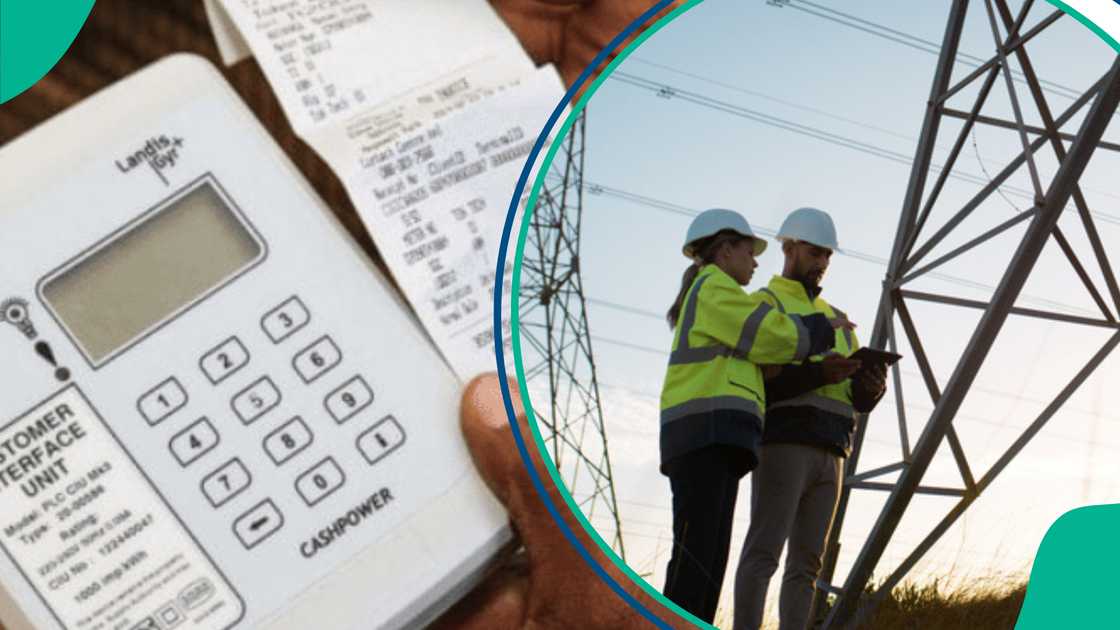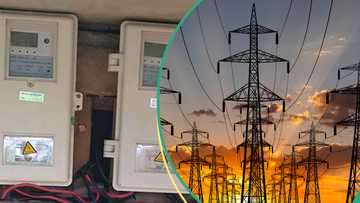Power Tariff Crisis: NERC Warns States Slashing Rates, Gives Stringent Conditions
- The Nigerian Electricity Regulatory Commission (NERC) warned state governments against slashing tariffs to pay subsidies
- The warning followed Enugu State Electricity Regulatory Commission’s (EERC) decision to reduce Band A tariff
- NERC’s statement came as DisCos and GenCos said that the action by EERC resulted in consumers refusing to pay electricity bills
Don't miss out! Join Legit.ng's Sports News channel on WhatsApp now!
Legit.ng’s Pascal Oparada has reported on tech, energy, stocks, investment and the economy for over a decade.
The Nigerian Electricity Regulatory Commission (NERC) has issued a firm warning to state governments attempting to cut electricity tariffs, insisting they must cover the difference through subsidies or risk destabilising the national grid and market structure.
The warning follows Enugu State Electricity Regulatory Commission’s (EERC) decision to reduce Band A tariff from ₦209/kWh to ₦160/kWh.

Source: Getty Images
States do not control energy generation - NERC
NERC, in a notice dated July 24, 2025, clarified that while states now have rights to oversee their local electricity markets under the new Electricity Act, they do not control the national grid or the tariffs of energy generated and transmitted under federal regulation.
The commission stressed that states like Enugu, which still rely entirely on grid power supplied through federal mechanisms, must reflect actual generation and transmission costs in their tariffs or shoulder the resulting subsidy burden.
“They must holistically incorporate the wholesale costs of grid supply... or be prepared to make a policy intervention by way of subsidy,” NERC said.
The regulator also warned that no agency, including sub-national ones, should take decisions that could trigger a financial crisis in Nigeria’s already fragile electricity supply industry (NESI).
Industry pushback and mounting debt concerns
The development has sparked strong reactions from industry stakeholders, including the Association of Nigerian Electricity Distributors (ANED) and the Association of Power Generation Companies (APGC), who argue that tariff cuts on grid-supplied power are financially reckless unless states begin generating and transmitting their electricity.
Sunday Oduntan, ANED’s CEO, warned Enugu residents not to expect a 20-hour power supply at ₦160/kWh, saying the tariff slash is unsustainable and may worsen NESI’s ₦5.2 trillion debt crisis.

Read also
FG-owned company idle for decades owes N5.6 billion in electricity debt, risks disconnection
Similarly, APGC’s CEO, Joy Ogaji, accused EERC of “regulatory rascality,” arguing that the tariff reduction assumes an imaginary subsidy not backed by federal policy or funding.
She said:
“You can’t build something on nothing,” Ogaji said, stressing that tariff cuts without production capacity or subsidy backing could cripple investor confidence and long-term planning."
Enugu defends move amid crisis
In response, EERC insists that its decision was based on MainPower’s service cost and consumer interest.
Reuben Okoye, the commissioner for Electricity Market Operations, said the commission inherited the high tariff but is now committed to building a more affordable and accountable electricity market for the people of Enugu.

Source: Getty Images
Despite the defense, NERC said it is in talks with EERC to resolve “misunderstandings” around the new tariff and its implications for the broader power sector.
For now, the clash between federal and state regulators signals deeper questions about how Nigeria’s new electricity decentralisation law will work in practice — especially in a sector already strained by debts, poor infrastructure, and mounting public frustration.

Read also
Electricity tariff cut by Enugu State sparks nationwide outcry as Nigerians resist paying bills
Enugu electricity tariff cut sparks nationwide outcry
Legit.ng previously reported that Nigeria’s electricity distribution companies (DisCos) said the decision by the Enugu Electricity Regulatory Commission (EERC) to slash tariffs triggered a chain reaction across the country.
The Association of Nigerian Electricity Distributors (ANED) revealed that consumers in other states are now refusing to pay, demanding similar reductions in their areas.
On July 21, the EERC cut the Band A electricity tariff in Enugu from ₦209 to ₦160/kWh. While the move was celebrated locally, DisCos nationwide are warning that it could destabilise the entire power sector.
Proofreading by Funmilayo Aremu, copy editor at Legit.ng.
Source: Legit.ng



